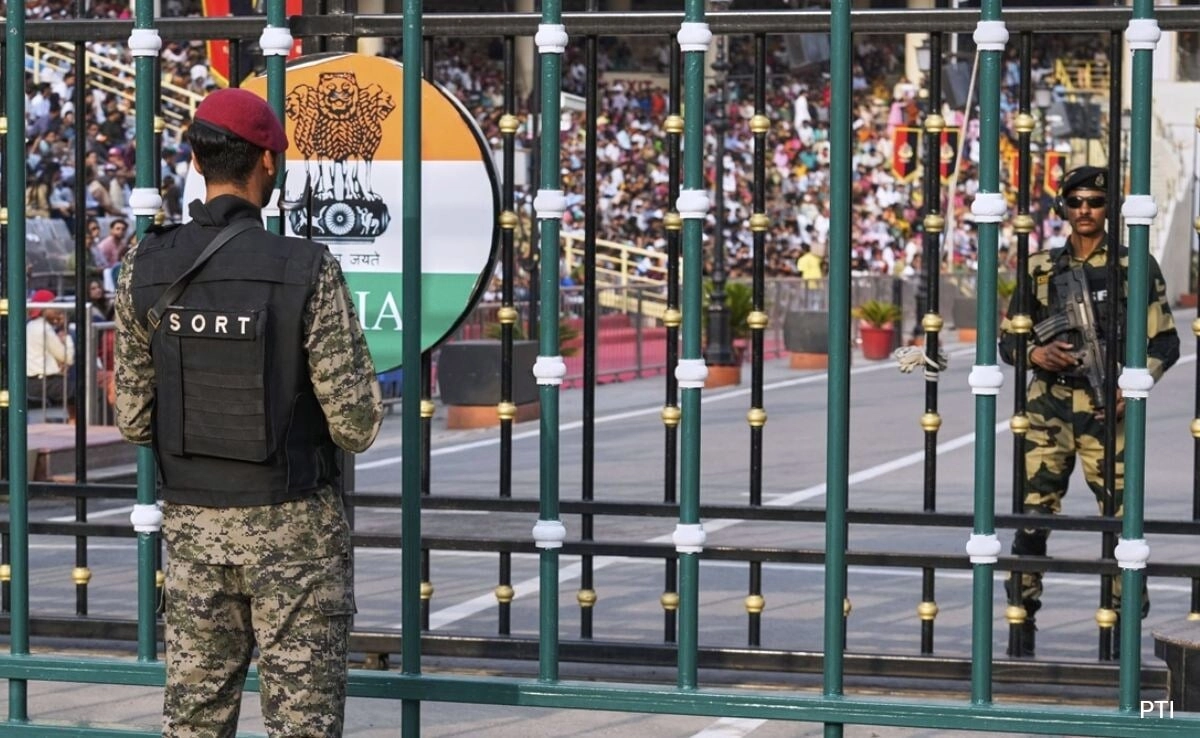In a significant development reflecting a potential thaw in relations between India and Pakistan, military officers from both nations engaged in a dialogue via a hotline for the first time since the ceasefire agreement was reached. This communication marks a crucial step towards enhancing military transparency and fostering a sense of security along the contentious borders that have often been marred by conflict. The hotline, which serves as a direct line of communication between the two militaries, was established to facilitate timely exchanges of information and to reduce the likelihood of misunderstandings that could escalate into armed confrontations.
The ceasefire agreement, which came into effect earlier this year, was heralded as a positive move by both governments, aiming to restore peace and stability in the region. Since the ceasefire was put in place, there has been a noticeable decrease in cross-border shelling and military skirmishes, allowing both nations to focus on more pressing internal issues. The recent discussions via the hotline could pave the way for further dialogue, potentially addressing not only military concerns but also broader diplomatic relations.
Military officers from both sides expressed optimism about the hotline, emphasizing its role in promoting peace and preventing miscommunications. These discussions could lead to enhanced confidence-building measures, which are essential for creating a favorable environment for further negotiations on various bilateral issues, including longstanding territorial disputes. The willingness to engage in direct communication indicates a recognition of the need to stabilize the region and prioritize dialogue over hostility.
Furthermore, the implications of this development extend beyond mere military interactions. It signifies a shift in the approach of both nations towards conflict resolution, highlighting the importance of communication in averting crises. As military leaders continue to engage in dialogue, it fosters an atmosphere where both countries can explore avenues for collaboration and mutual understanding. This could serve as a precursor to more comprehensive talks aimed at addressing the underlying issues that have historically plagued India-Pakistan relations. In conclusion, the successful initiation of communication through the hotline is a hopeful sign for the future, suggesting that both nations are willing to take steps towards a more peaceful coexistence.




